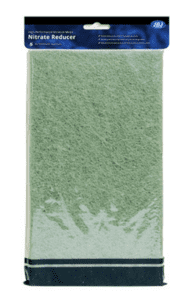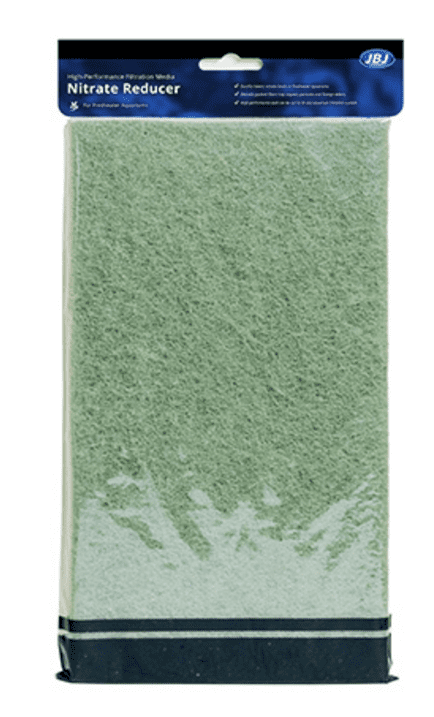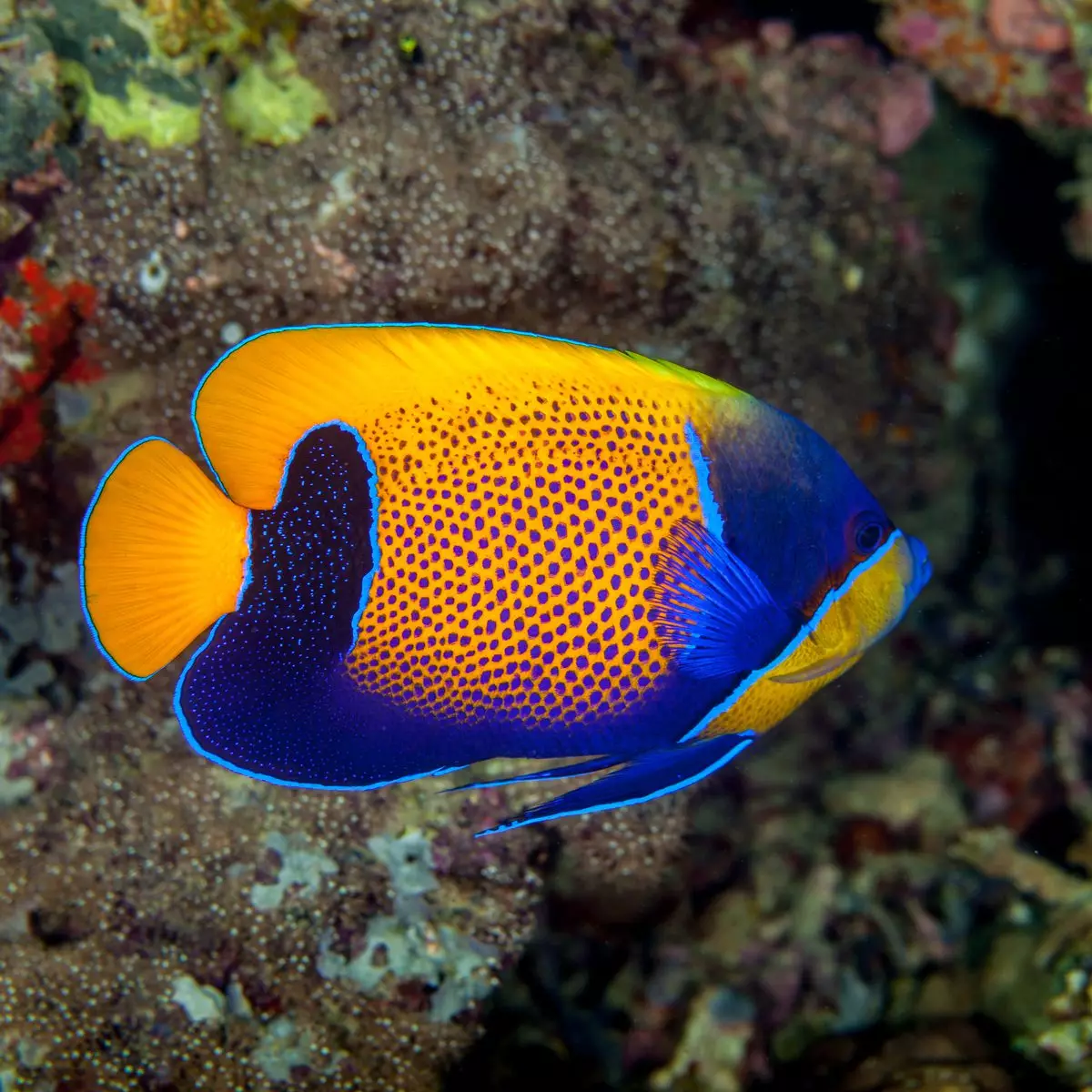New – Nitrate Reducer Pad 10 X 18 X 1″
$10.00
in stock
UPC: 703624629779
Media pad made of poly-fiber which will lower the amount of nitrate in your tank.
Need assistance? Call us at: (562) 955-3474
Related Products
- Description
- Additional Information
- Reviews
Nitrate Reducer Pad by JBJ Aquarium
The JBJ Nitrate Reducer Pad maintains safe nitrate levels in your aquarium or pond, improving your fish’s health and longevity.
How the JBJ Nitrate Reducer Pad Improves Aquarium Health
High nitrate levels in aquariums can lead to several issues, including stress, reduced immunity, and algae growth. The JBJ Nitrate Reducer Pad helps by:- Quickly reducing nitrate levels to a safe range
- Promoting healthy bacteria colonies for a balanced environment
- Removing organic particles, debris, leftover food, and waste
- Improving overall water quality and supporting fish health
Benefits of the JBJ Nitrate Reducer Pad
- Durable Material: The long-lasting poly-fiber material is up to twice as thick and more rigid than other pads.
- Tighter Fit & Shape Retention: Fits securely in your filter and holds its shape longer for effective filtration.
- Efficient Filtration: Designed to effectively filter water and last longer than competing products.
What are Nitrates in Aquariums?
Nitrates (NO3) are dissolved nitrogen compounds naturally present in aquarium water. They are byproducts of biological waste and can accumulate over time.Common Sources of Nitrate in Aquariums
- Uneaten Fish Food: Excess food decomposes and contributes to nitrate levels.
- Fish Waste: Waste from fish breaks down and adds to nitrates.
- Decaying Plants: Dying plants introduce additional nitrogen into the water.
- Dirty Filters: Poorly maintained filters harbor waste, increasing nitrate concentration
LINKS:
by price
Under $25
Weight
0.5 lbs
Dimensions
10 × 18 × 1 in



